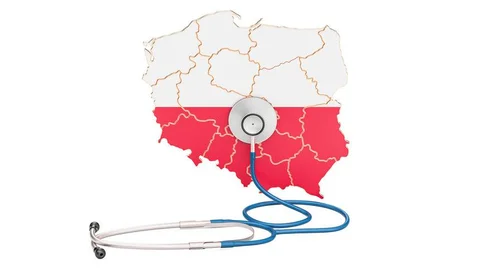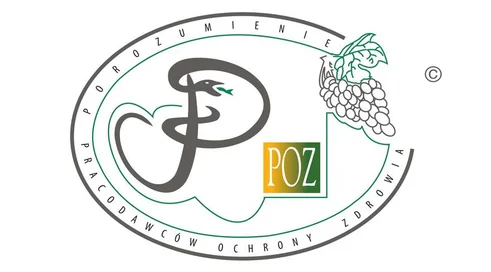Outline of the problem
The concept of "patient rights" is commonly used today in discussions about health systems, but also in the legal and ethical norms that govern their operation.
The three groups of patient rights include:
- basic individual rights - to informed consent, privacy, dignity, and access to medical records and information about one's health,
- Consumer rights - to a choice of provider, a second opinion, safe and timely treatment, and to information on choosing care options,
- Procedural (procedural) rights - to file a complaint/suit, to compensation and to participate in decision-making.
Poland has had a law on Patients' Rights and Patients' Ombudsman (PPiRPP) for more than thirteen years, in which a catalog of subjective patient rights was first formulated. Epidemiological, technological, institutional and social changes that have occurred since then require work leading to the creation of a new legal and institutional reality affecting the quality of care and patient safety.
Patients' rights as the foundation of health systems - expert recommendations
Academics and practitioners participating in the Polish Health 2.0 project have identified four directions of intervention that seem crucial for a more efficient health system that guarantees the fullest possible respect for patients' rights:
- Expand the catalog of patient rights and clarify terminological issues
The current PPiRPP Law distinguishes between individual and collective rights of the patient, and the catalog of these rights presented applies to patients receiving health services from public and non-public medical entities and from professional pract...
Content locked
To gain access to the complete English section of the Medexpress.pl, kindly reach out to us at [email protected].


















